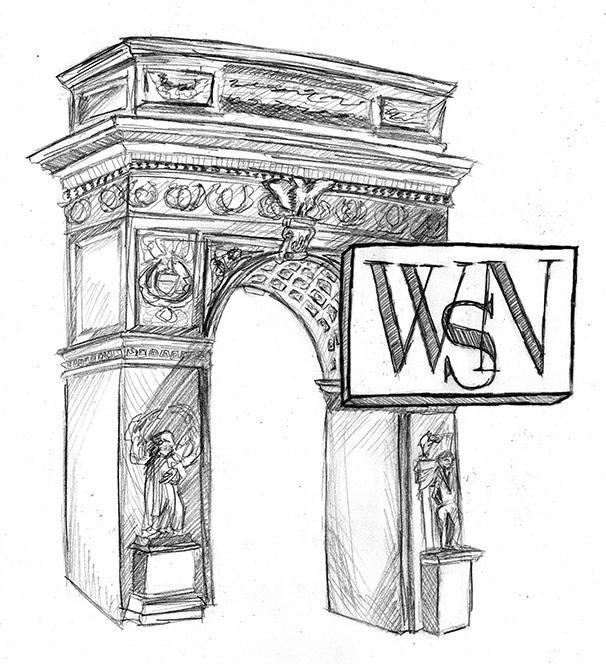On Friday, the National Labor Relations Board proposed redefining graduate students as nonworkers, effectively stripping them of their right to unionize. The proposal wouldn’t extend to public universities, as they aren’t under the NLRB’s jurisdiction, leaving graduate students at private universities — like NYU — in danger. The history of graduate student unionization is particularly strong at NYU, the site of the first nationally recognized graduate student union at a private university. Unionization is a fundamental human right, according to the UN, and NYU’s graduate student union, the Graduate Student Organizing Committee, has proven its importance, working towards higher wages and better healthcare for graduate students. GSOC has also organized on behalf of individual members, calling for the firing of Avital Ronell following her return to campus after being found guilty of sexually harassing her student.
GSOC’s campaigns are responses to the mistreatment of graduate students by NYU; the elimination of the graduate student union would only worsen an already bad situation. GSOC — like many other graduate student unions — is the only protection against a university that has proven on multiple occasions to totally disregard student concerns. In light of this latest infringement on students’ rights, specific attention must be given to the proposal’s effect on GSOC and what this means for NYU graduate students.
The NLRB’s proposal, which is expected to pass, reverses a 2016 Obama administration ruling which gave graduate students federal protection in forming unions. This reversal would be just another step in a series of back and forths between the NLRB and graduate students. After originally ruling to recognize graduate students as workers in 2000, this decision was reversed in 2004, when it was ruled that graduate students’ “primary role” was as students. Following this ruling, NYU failed to recognize or work with the existing graduate student union. The retaliation of NYU’s administration, especially former President John Sexton, against unionizing efforts during the strike were troubling. More specifically, the university threatened students for participation, in some cases following through and firing graduate student workers who went on strike.
Despite failing to achieve concessions that year, GSOC continued to work on behalf of students and was eventually recognized by the university in 2013, following a decision to affiliate with United Automobile Workers. The 2016 federal ruling has only strengthened the position of GSOC on campus. Since then, it secured a contract with the university in 2015; the administration failed to fully implement all aspects of the deal, leading to a march held by GSOC members and supporters. Furthermore, NYU notified graduate students about the consolidation of their healthcare plans, which would cause a rise in healthcare costs. Originally, NYU claimed that they were required to modify their plans in accordance with New York State law — WSN discovered this to be false and that “the decision to consolidate the plans was made exclusively by NYU and its health insurance company.”
GSOC also called for the firing of Professor Ronell after she sexually harassed her graduate student and was reinstated after a year’s suspension. The Ronell case highlights the vulnerability of graduate students, whose futures are dependent on powerful faculty and a historically neglectful university. Similarly, GSOC’s continued advocacy in their struggle for graduate student unionization and for other on-campus campaigns highlights their crucial role in the lives of graduate students.
As their official recognition and ability to organize is attacked, more support than ever must be given to GSOC. This is not the first time it has faced this problem and it likely won’t be the last. Despite NYU’s anti-union past, particularly under Sexton’s presidency, the university has an opportunity to make a difference — if the resolution is passed. Regardless of the NLRB’s ruling, NYU must continue to recognize and work with GSOC, as it has proven to be extremely important to graduate students. If the university follows the decision of the Trump administration and refuses to recognize the labor of graduate students, then GSOC must do what it has always done — continue the struggle.
A version of this article appeared in the Monday, Sept. 23, 2019 print edition. Email the Editorial Board at [email protected].






















































































































































